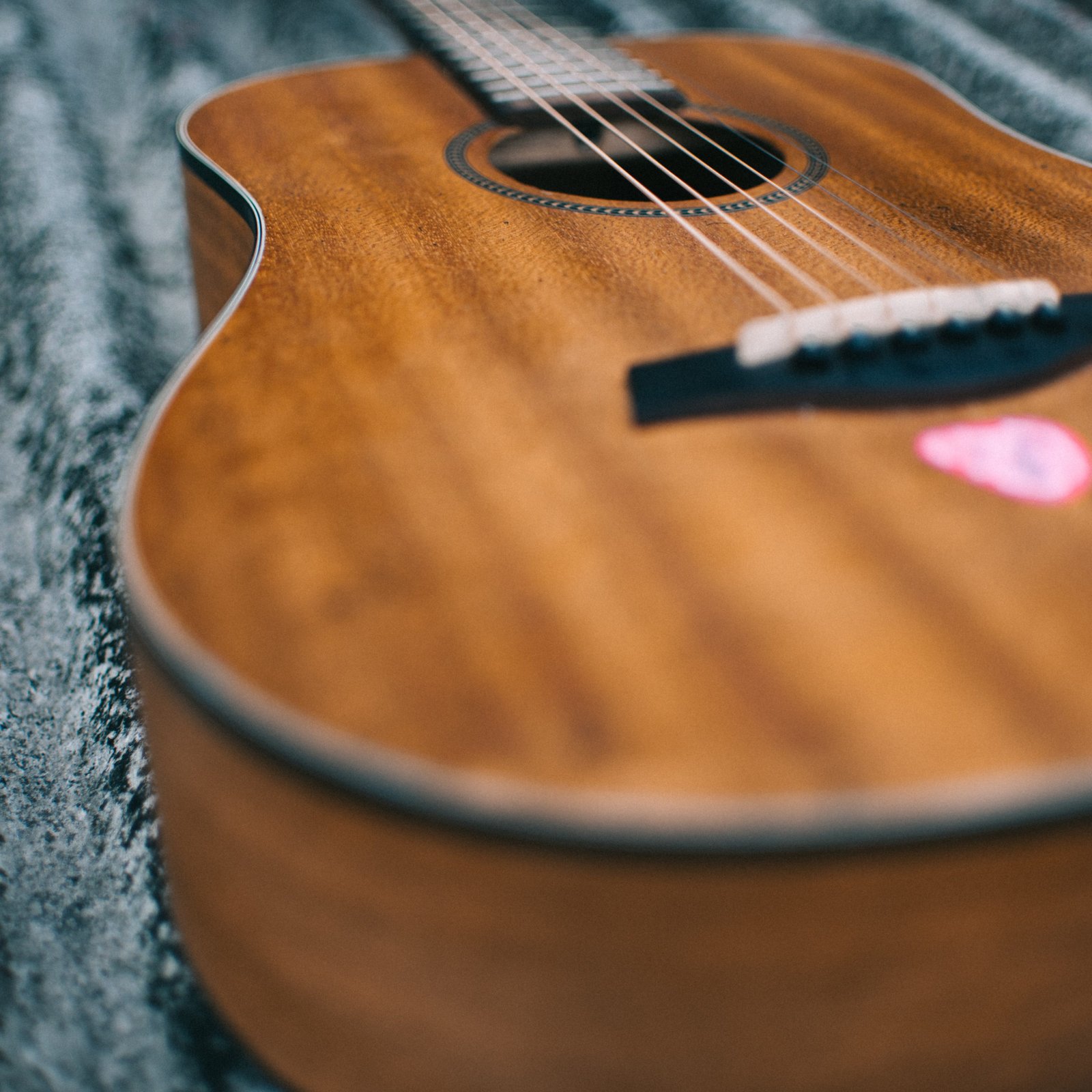Guitar Lessons IN BURR RIDGE
From the 16th to the 19th century several changes occurred in the instrument. A fifth course of strings was added before 1600; by the late 18th century a sixth course was added. Before 1800 the double courses were replaced by single strings tuned E–A–D–G–B–E′, still the standard tuning.
By the early 19th century, guitars looked very close to the six-stringed instruments of today but were smaller in size. In the mid-1800’s, Antonio de Torres Jurado, a Spanish musician and luthier, began creating the style of guitar that would give rise to all modern guitars. Though in modern times he doesn’t get quite as much credit as he deserves, he is in many ways the grandfather figure in the history of the guitar.
With a broadened body, increased waist curve, thinned belly, and machined head which replaced wooden tuning pegs, his creations became particularly notable thanks to an innovative form of fan bracing and body design, which give classical guitars their distinct voicing and thick, heavy sound. Andres Segovia, another influential Spanish guitarist, took the classic guitar that Torres had created and established it as a concert instrument. He also transcribed early polyphonic music and created complex musical compositions that we now think of as ‘classical’ guitar music.
Meanwhile, European immigrants carried a steel-stringed version of the reshaped Spanish instrument with them to America, where the history of the guitar really started to take shape—and where the flat top, the archtop, and eventually, the modern electric guitar would be created.
Guitar in the United States is generally associated with folk, jazz, and rock music. Influential rock and blues guitarists include Jimi Hendrix, Robert Johnson, and Jimmy Page.
Burr Ridge
Location:
92 Burr Ridge Parkway
Burr Ridge, Illinois 60527
Phone: 630-581-5106
Email: info@belcantomusicacademy.com
Naperville
Location:
121 S Webster Street,
Naperville, Illinois 60540
Phone: 331-226-2055
Email: naperville@belcantomusicacademy.com

